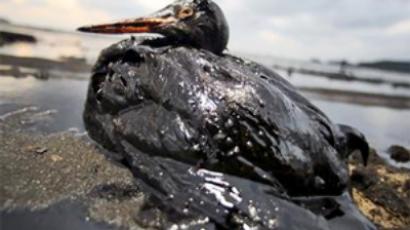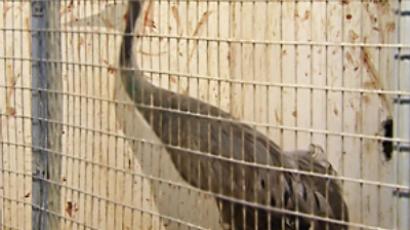Baby seal hunting banned in Northern Russia

The government has banned the hunting of baby seals in the regions surrounding the White Sea.
Russia’s Prime Minister Vladimir Putin called seal hunting a “bloody industry”.
“It is clear that it should have been banned a long time ago,” said Putin at a meeting with the Minister of Natural Resources.
Putin acknowledged the importance of the hunting industry in the region and said that he would require the government to compensate incomes of the White Sea people in connection with the ban on hunting.
“This is one of their means of existence. Therefore, simply banning is inadequate. A system of support measures must be worked out to secure employment and income of those who live and work there,” said Putin
Many of the residents around the White Sea depend on sales from the seals, especially their fat, for survival.
The Ministry of Natural Resources is also preparing proposals to ban the hunting of seals up to the age of one.
Recently, the Russian representative of the International Fund for Animal Welfare (IFAW) along with other ecological organisations repeated their call for a moratorium on the hunting of baby seals.
The IFAW's Russian representative even challenged the myth that seal hunting provides the indigenous people with a stable living, saying they can earn no more than $US 200 a month from their exploitation.
“Developing ecological tourism would provide a more stable source of welfare,” said the representative.
Professor Aleksey Yablokov, an associate professor at the Russian Academy of Science, believes that the seals could soon number no more than 150 thousand.
“This is a real biological catastrophe. At the current rate, in a few years the seal could become a rarity in the White Sea,” said Yablokov.
Currently around 800 thousand inhabit the White Sea.
Yablokov agreed with current scientific investigations that if the quota is lowered by up to five per cent, a balance will be kept.














